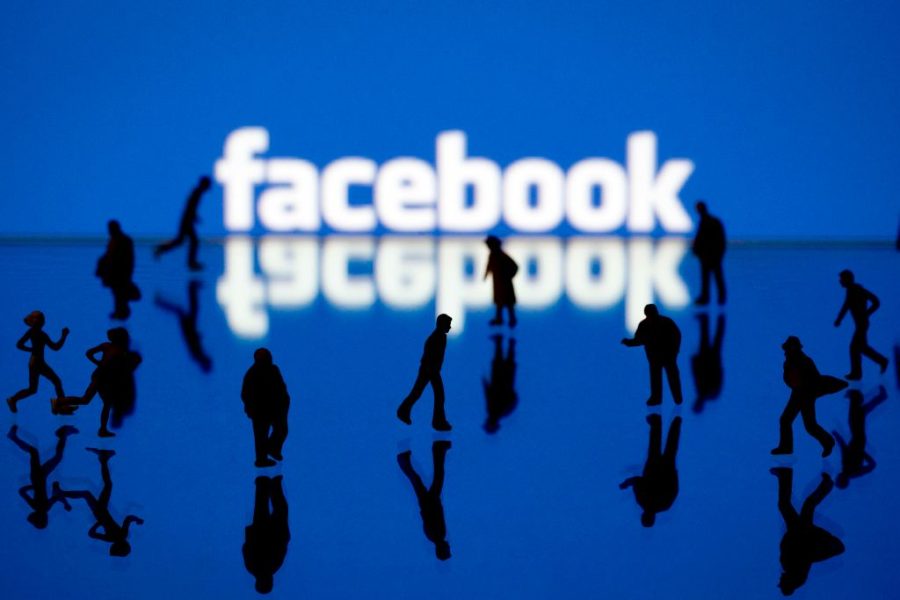The Taliban have criticized Facebook for restricting freedom of expression in Afghanistan as a result of the US firm’s crackdown.
A Taliban spokesperson was reacting to Facebook’s decision to ban the Taliban and their material from its platforms, including WhatsApp’s messaging service.
The social media giant announced on Monday that it has designated the Taliban as a terrorist organization and that it is required by US law to prohibit them and their material from its platforms.
“The question should be asked to those people who are claiming to be promoters of freedom of speech who do not allow publication of all information.. the Facebook company, this question should be asked to them,” the Taliban spokesman said while answering a question about the freedom of speech at a news conference streamed online.
After the Taliban took control of Afghanistan and tried to use the messaging service to help them rule, Facebook said on Tuesday that it was banning WhatsApp accounts connected to the organization.
“The Taliban is sanctioned as a terrorist organization under US law and we have banned them from our services under our Dangerous Organization policies,” a Facebook spokesperson told AFP.
According to the Financial Times, Facebook also took down a WhatsApp hotline set up by the Taliban to collect complaints about violence and theft.
In an email to AFP, a WhatsApp spokesman claimed the firm is bound by US restrictions.
“This includes banning accounts that appear to represent themselves as official accounts of the Taliban. We’re seeking more information from relevant US authorities given the evolving situation in Afghanistan,” the company said.
“This means we remove accounts maintained by or on behalf of the Taliban and prohibit praise, support, and representation of them.”
Since the assault that led to the control of the war-torn nation, social media companies have been under pressure to remove accounts used by the Taliban.
Facebook said it was guiding policy with the assistance of “a dedicated team of Afghanistan specialists, who are native Dari and Pashto speakers and have understanding of the local context.”
“Our teams are closely monitoring this situation as it evolves. Facebook does not make decisions about the recognized government in any particular country but instead respects the authority of the international community in making these determinations,” Facebook said.










